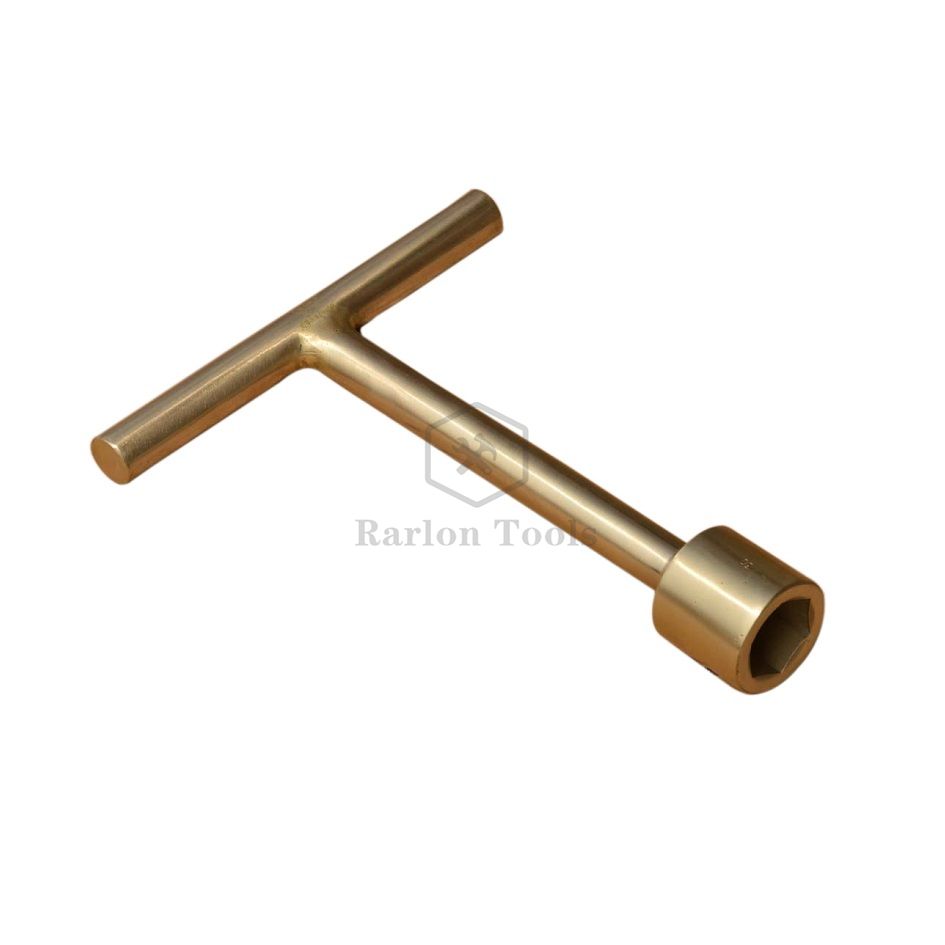Explosion-proof tools are collectively referred to as safety tools and non-sparking tools internationally, and domestically as explosion-proof tools. The explosion-proof tools produced, sold and distributed in China can be divided into two categories according to their materials: aluminum-copper alloy (commonly known as aluminum bronze) explosion-proof tools and beryllium copper alloy (commonly known as beryllium bronze) explosion-proof tools.
Explosion-proof tools are mainly used in the petroleum refining and petrochemical industry, coal mines, oil fields, natural gas chemical industry, gunpowder industry, chemical fiber industry, paint industry, fertilizer industry, various pharmaceutical industries. Petroleum wheels and liquefied petroleum gas vehicles, airplanes, warehouses that handle flammable and explosive products, electrolysis workshops, communication machine assembly workshops, places requiring tools that are not rusty, wear-resistant and anti-magnetic.

When we use explosion-proof tools, we should pay attention to safety, and operate in accordance with the correct method. If improperly operated, it will cause danger. If we choose incorrect explosion-proof tools, it will also cause danger. Non-sparking tool manufacturer shares with you.
What are the dangers of improper use of explosion-proof tools?
1. Impact hazard:
If the explosion-proof tool operated is not grasped, it will easily lose control and fly out. It may also be caused by an imbalance in the body, causing it to hit the operator's body or someone nearby.
2. Shock hazard
Electric shock accidents of explosion-proof tools may also occur, and the necessary inspections must be carried out before use.
3. Cutting hazard:
The edges of explosion-proof tools are very sharp, and the burrs or sharp corners of such tools can be dangerous to the body.
4. Splash hazard:
Substances that appear during operation, such as chips and chemical solvents, will splash and cause injuries to construction workers.